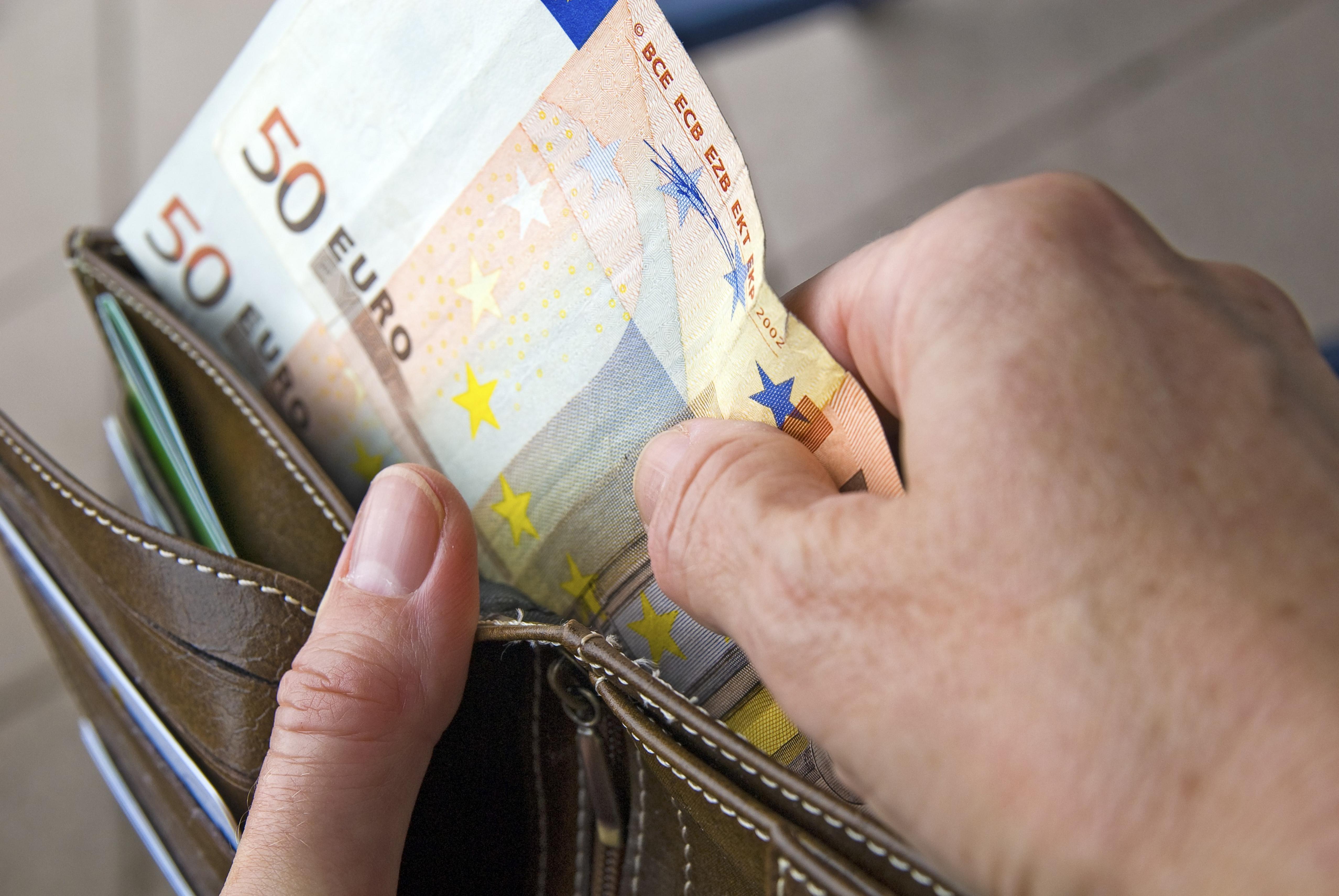Looking ahead: How Europe’s economic turmoil will impact Belgium

The European economy faces a turbulent horizon as 2025 approaches. While most economic outlooks are not expecting the eurozone to deal with a recession, the bloc is forecast to face slow growth, fiscal restraint and geopolitical and trade tensions. Belgium will feel the ripple effects across its economic and political spectrum.
At first sight, Europe does not seem to be facing economic problems. After five quarters of stagnation, the bloc has seen modest growth in the first three quarters of 2024.
That growth is expected to pick up gradually in 2025 and 2026 as financial conditions are easing; the labour market remains strong, disinflationary processes are in place, and employment and household disposable incomes are expanding. The EU’s Autumn Forecast projected 1.5 per cent growth next year, and 1.8 per cent in 2026.
No improvement in sight
However, uncertainty at home and abroad are likely to temper expectations. The EU’s two biggest economies, Germany and France, are caught in a storm, with the Organisation for Economic Cooperation and Development recently slashing their economic forecasts.
The two countries have been struggling with lagging investment, decreasing demand and steep energy costs. There is no improvement in sight.
Germany’s ruling coalition collapsed in November due to political disagreements over how to tackle the country's economic challenges, with snap elections expected in February. In France, prime minister Michel Barnier was ousted in a no-confidence vote after he tried to force his budget through without a vote.
Meanwhile, Donald Trump’s re-election in the US is making Brussels nervous. The president-elect has repeatedly threatened to impose tariffs, which would weigh significantly on the bloc’s growth.
Furthermore, China continues to emerge as a key competitor to European goods production. Add to this Ukraine's cry for help and an emerging far-right that is expected to shake up political stability, and it looks like Europe will soon be squeezed from all sides. Whether it is ready to push back with a strong and unified response remains to be seen.
Fiscal flexibility
Easy solutions are not at hand. Mario Draghi’s September competitiveness report, which called for radical changes - including more investment, a stronger single market and more streamlined policies - can serve as a blueprint. However, this will only work through “more national contributions to the budget”.
The question is whether the capitals can agree on more public spending.
Member states are already hopelessly divided about the current fiscal framework, which aims to keep national budget deficits below 3 per cent of GDP and public debt below 60 per cent. Fiscally conservative countries would like those regulations to be stricter, but in reality many countries, including Belgium, are already well above those numbers.
Draghi’s roadmap would need more fiscal flexibility: the former European Central Bank president seeks an additional yearly 800 billion euros to drag the bloc out of its feeble growth, which would be an unprecedented investment.
Divisions in Belgium
Europe’s economic hardships are likely to amplify divisions in Belgium’s already hopelessly divided political landscape.
Six months after the June elections, the country is still trying to form a federal government - with the stumbling block being the economy. Even without the additional spending on defence and innovation for the EU, Belgium will already have to cut spending significantly over the next four to seven years.
The country - one of the EU’s worst performers - is facing a deficit of 4.4 per cent of GDP and a public debt of 105.2 per cent of GDP. The European Commission has said it wants to start proceedings.
In 2025, Belgium’s economy is predicted to grow by a meagre 1.5 per cent, but the combination of rising expenses - in particular for pensions and social benefits - and high interest costs continue to create a particularly precarious situation.
Political instability
The country’s protracted government negotiations are doing more harm than good: if fiscal reforms are not implemented soon, financial stability will be jeopardised as the budget deficit will continue to increase, to an estimated 4.9 per cent in 2025 and 5.3 per cent in 2026.
Belgium is thus facing a challenging economic landscape in 2025, shaped by broader European headwinds. Trade uncertainties, fiscal tightening and sluggish growth will test its economic resilience and political stability.
However, if it manages to balance its budget and leverage EU support, it will be able to navigate these challenges and emerge stronger in the years to come. To do that, federal government negotiators need to understand the urgency behind forming a quick governing coalition.
Given the country’s perpetual struggle to form a government - it took 652 days after the 2019 elections and 589 days after the 2010 elections - the signs are not positive.
(JPO)
© PHOTO IMAGEBROKER
Related news

